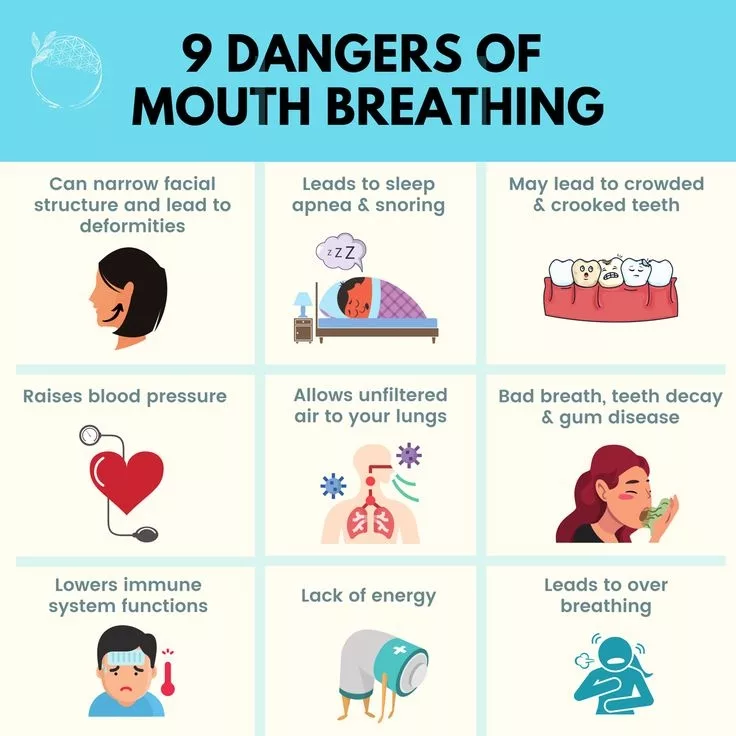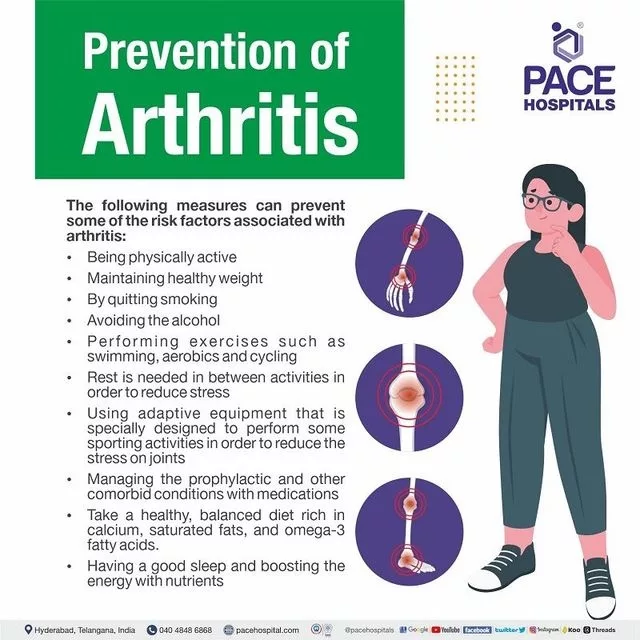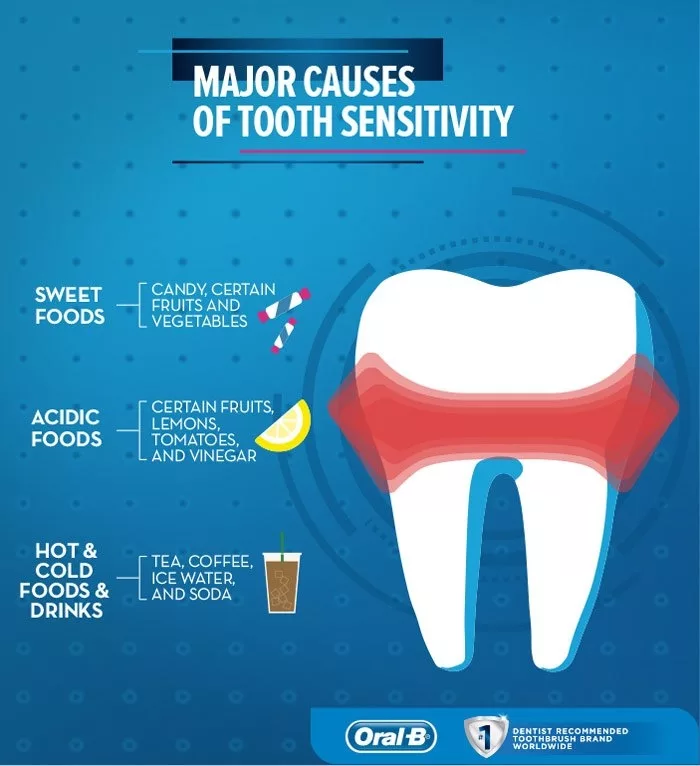Exploring Stress Hormone Cortisol
Exploring Stress Hormone Cortisol and Effective Management Methods
Hello, everyone! How are you doing today? I want to talk about stress with you. Many people may be experiencing an increase in their stress levels due to the busy and challenging lives we lead nowadays. Let’s explore what changes occur in our bodies during such times, especially regarding the stress hormone cortisol. We will also look into how to manage this hormone effectively! Please follow along comfortably~ 😊

What is the Stress Hormone Cortisol?
Cortisol is a steroid hormone secreted by the adrenal glands, playing a crucial role in managing stress and metabolic processes. This hormone contributes to the “fight or flight” response needed when the body reacts to stress, increasing blood sugar levels and suppressing immune responses. Moreover, cortisol affects sleep cycles and mood regulation, and if its levels remain high for an extended period, it can lead to various health issues. Therefore, managing cortisol is essential, and maintaining a balance of this hormone is necessary for a healthy life.
Understanding the Mechanism of Cortisol Secretion
Cortisol secretion is regulated through the Hypothalamic-Pituitary-Adrenal (HPA) axis, involving the hypothalamus, pituitary gland, and adrenal glands. When stress occurs, the hypothalamus releases Corticotropin-Releasing Hormone (CRH), stimulating the pituitary gland to secrete Adrenocorticotropic Hormone (ACTH). This ACTH is transmitted to the adrenal glands, promoting the production and secretion of cortisol. Once the stress subsides, cortisol levels decrease naturally. This complex mechanism helps the body manage stress effectively.
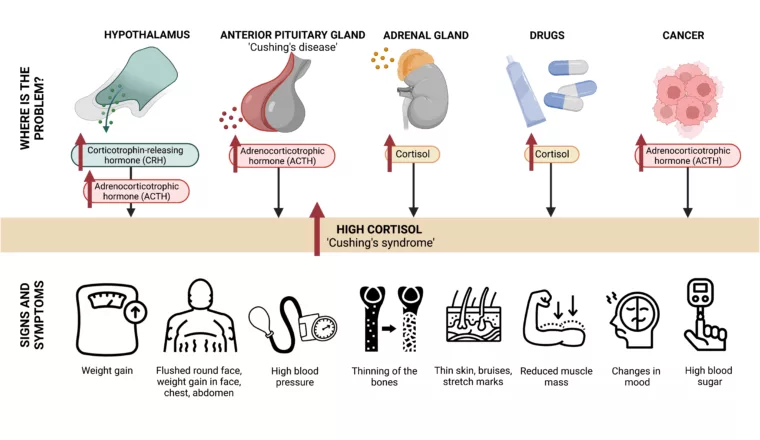
Causes and Symptoms of Excess Cortisol Secretion
Excess cortisol secretion can occur due to various factors. Chronic stress, physical illness, medication use, and nutritional imbalances can all contribute. If excess secretion persists, the body may experience several symptoms, including insomnia, weight gain, and decreased immunity, which can ultimately lead to chronic diseases. Therefore, it is essential to monitor and manage cortisol levels carefully.
Diagnosis and Measurement of Cortisol Levels
Methods for diagnosing and measuring cortisol levels include blood tests, urine tests, and saliva tests. Blood tests are typically conducted in the morning when cortisol levels are highest. Urine tests can assess average cortisol levels through samples collected over 24 hours. Saliva tests are easy to perform and are useful for understanding daily fluctuations due to stress. It is important to identify and manage your cortisol levels through appropriate testing methods.
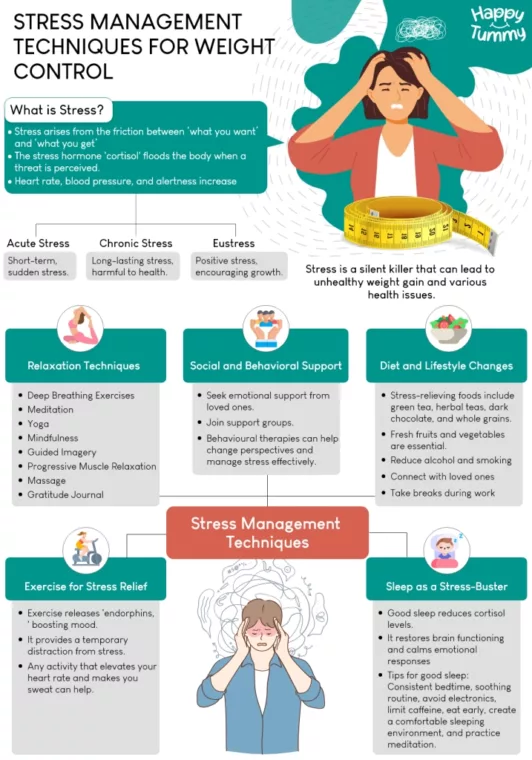
Impact of Cortisol on Health
Cortisol directly affects many bodily functions. Prolonged high cortisol levels can lead to several health issues, including obesity, cardiovascular diseases, diabetes, and depression. In particular, elevated cortisol can contribute to weight gain and abdominal obesity, which are risk factors for cardiovascular health. Additionally, the suppressive effect on the immune system may increase the risk of infections. Therefore, managing cortisol levels appropriately is crucial for maintaining health.
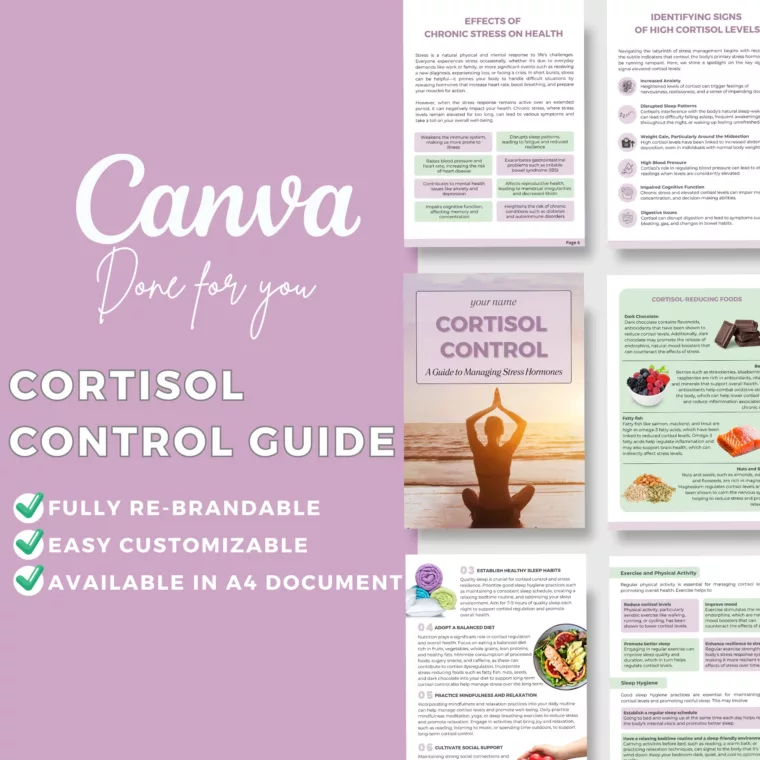
Lifestyle Changes for Cortisol Management
To manage cortisol levels, lifestyle changes are necessary. A balanced diet and regular exercise are fundamental. It is especially important to enhance psychological stability through stress-reduction techniques such as yoga and meditation. Additionally, ensuring adequate sleep and reducing caffeine and alcohol intake can help lower cortisol levels. These small changes collectively support long-term hormonal balance in the body.
Diet and Cortisol Level Regulation
Diet plays a significant role in regulating cortisol levels. A healthy diet rich in omega-3 fatty acids from fish, antioxidants from fruits and vegetables, and complex carbohydrates can help mitigate stress responses. Limiting sugar and processed foods and ensuring adequate hydration are also important. These dietary improvements contribute to lowering cortisol levels and enhancing overall health.

Effective Ways to Reduce Stress
Effective stress-reduction methods include deep breathing, meditation, and exercise. Deep breathing is simple yet can immediately calm the mind and help relieve tension. Regular physical activity positively impacts the body and can naturally reduce stress. Additionally, receiving social support greatly aids in stress reduction. By using these methods, we can effectively manage cortisol levels in our daily lives.



